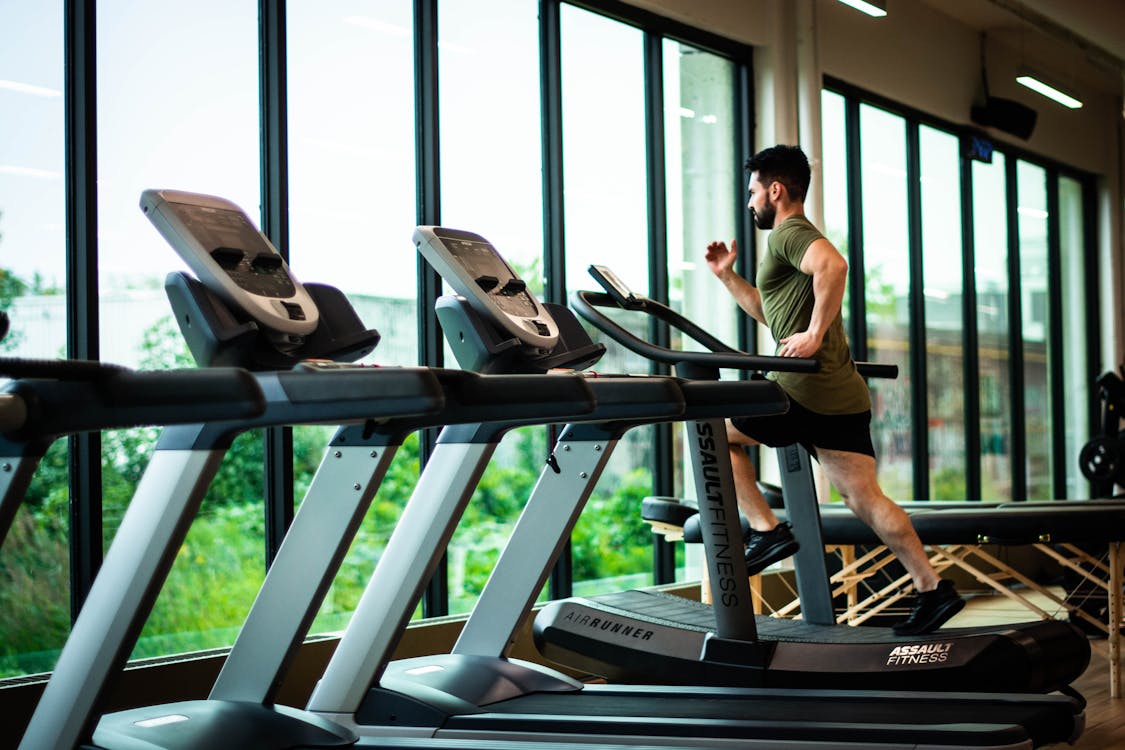First of all, you should be proud of yourself for realizing you have an anxiety problem and wanting to do something about it! What causes anxiety? Anxiety disorders are different for everyone. For some, it might be difficult social situations while others could have panic attacks without any clear trigger.
There are many who suffer from anxiety every day and don’t even realize they are suffering until someone points it out or they see the symptoms in others. Do your best to relax, breathe deeply, and most importantly, remind yourself that you aren’t alone and that this feeling will pass.
Contents
What causes anxiety?
A big event or a buildup of smaller stressful life situations may trigger excessive anxiety. If this is the case, take steps to relieve your stress levels. You could try yoga, deep breathing exercises, meditating, or speaking with friends who understand what you are going through.
1) Understand What Triggers Your Anxiety
Anxiety is a feeling of fear, dread, and uneasiness. It might cause you to sweat, feel restless and tense, and have a rapid heartbeat. Experiences that can trigger anxiety problems include things like physical or emotional abuse.
So try to avoid behaviors that worsen your symptoms such as alcohol use and drugs which will make it more difficult for your body to function normally. Find out what triggers your anxiety by thinking about recent events in your life (the good ones too) and try not to overreact when something triggers an episode of stress-related behavior because every time you do it just gets worse, so avoid such things.
Things that you need to avoid when you have anxiety:
- Alcohol And Caffeine: While these can make you feel more relaxed, they can also increase your level of anxiety. Plus, if you drink alcohol, it might cause an anxiety attack.
- Talk About Your Feelings: Sometimes talking about your feelings can be a release for the fear or anxiety that is building up inside of you. It’s important to get these thoughts out in the open so that they don’t turn into bigger problems later on.
- Meditate Daily: Spending some time every day meditating will allow you to focus on yourself instead of other people and situations that are bothering you.
- Spend Time Outside: Getting outdoors will give your body some fresh air and sunlight, which can boost your mood and decrease stress levels. If possible, try to spend time outside at least three times per week.
2) Get Enough Sleep
Getting a good night’s sleep can improve your mental well-being and help better manage anxiety. You might not feel rested if you’re sleeping less than six hours, but that doesn’t mean it’s not worth trying to get more sleep each night. Start by setting a regular sleep schedule, even on weekends and holidays.
If possible, avoid napping during the day and try instead to only sleep at night when your body is in its natural rest cycle. keep your bedroom as dark and quiet as possible before you get into bed and shut off electronics at least an hour before bedtime, which can stimulate brain activity and make it harder for people to fall asleep.
3) Exercise Regularly

Regular exercise may help ease depression and anxiety by: Releasing feel-good endorphins. It can also help boost your self-esteem. Exercise may help people better handle anxiety and regulate their emotions. Exercise can also give you a much-needed break from the real world. And of course, exercise has a ton of physical benefits, like weight loss and improved cardiovascular health.
But don’t get me wrong – not all exercise is created equal. In order to reap the maximum benefits of regular exercise when it comes to dealing with anxiety issues, make sure that you do aerobic activities (such as running) on most days and that they last at least 20 minutes per session (no breaks).
4) Take Deep Breaths
When anxiety takes over your life, it can be hard to sleep at night or function during the day. The good news is there are many ways to treat anxiety and get it under control. One way is deep breathing; this helps reduce the feeling of panic and slows down the heart rate. A few deep breaths help clear your head so you can think more clearly.
Deep breathing comes from your diaphragm in the area of the stomach. It helps reduce anxiety by clearing carbon dioxide from your lungs which bring oxygen into your body. Breathing slowly and deeply will help regulate your heartbeat, reduce muscle tension, relieve stress, calm down a racing mind, and help relieve insomnia.
Try these techniques if you feel like you need to relax: focus on slow breathing as well as counting each inhale and exhales for five seconds before taking a break. Find an app on your phone that gives soothing music or nature sounds that can provide some relief while focusing on your breath. Meditation apps also work great for relaxing by allowing the user to set how long they want their session to last.
5) Meditate or Do Yoga
If your anxiety is triggered by a specific event, like an exam or job interview, one of the best ways to help yourself is to practice meditation. This can help with letting go of worry and anxiety by teaching you how to focus on breathing and staying in the present moment. This can also help with muscle tension.
Meditation and visualization are two other excellent ways of calming yourself down. Focusing on breathing (inhale and exhale) or focusing on a body part that’s not hurting can help distract your mind from whatever is causing your anxiety. One way of doing this is through guided imagery.
6) Talk To Someone You Trust
Talking to someone you trust is the first step in managing your anxiety. A trusted friend or family member might be a good option. You can also contact support groups that offer resources and support. If you don’t have anyone to talk to, there are online chat rooms and message boards where you can share your feelings anonymously like Reddit. There are also hotlines available 24 hours a day if you need immediate assistance.
Talking about what has caused your anxiety will give you insight into how to manage it better. It’s important to know that people who experience panic attacks typically recover from them on their own without treatment. The best way for you to overcome this problem is through relaxation techniques, breathing exercises, and practicing healthy behaviors such as eating right and exercising regularly.
Conclusion:
Anxiety is a normal emotion that is essential for survival when someone is in danger. It is not a medical problem. When this emotion becomes excessive or out of proportion to the trigger that initiates it, an anxiety disorder begins to take shape. Panic disorder, phobias, and social anxiety are just a few of the several types of anxiety disorders. So follow these tips to calm yourself when you have anxiety.




